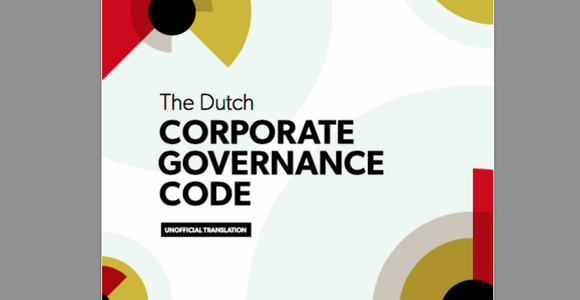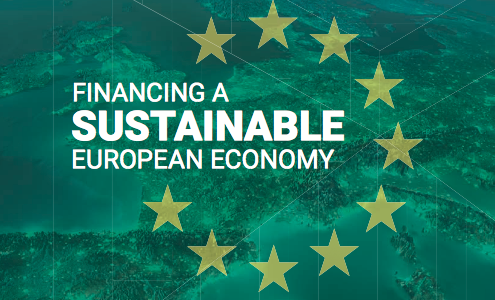Origin of B Corps
The B Corp movement has captured significant attention and certified over 1,300 companies in 41 countries. So are B Corps the future of responsible business? Yes and no. Other forms of purpose-driven organisations have always existed, whether it be as cooperatives or non-profit/charitable entities. Even a regular ‘C’ corporation can choose to pursue a social mission as part of their business and many do. Nearly 50 leading legal scholars from universities including Cambridge and Cornell signed a statement last year concluding that: “Contrary to widespread belief, corporate directors generally are not under a legal obligation to maximise profits for their shareholders.” This gives latitude to boards of directors to make decisions that might cause a dip in short-term returns, such as Costco’s commitment to pay a living wage.
Value-add of B Corps
What is special about B Corps is that they build social commitment directly in their governance to support and protect it. Another unique feature is that B-Corps have a recognisable brand that allows consumers to make educated decisions about what products to buy and companies to use. Rather than evaluating the merits of each given business, an individual may rely on B Lab to screen companies for certain requirements in terms of working conditions, supply chain management and their relationship with local communities. In this sense it is similar to the Fair Trade label but goes one step further by requiring the company as a whole to meet ethical obligations. The logic is that businesses should not be able to benefit from the label unless they can show that they are run fairly across the organisation, not just for one specific product such as tea or coffee.
The focus on purpose could also help social entrepreneurs. Tom Fox, Policy Lead at UnLtd, which supports social entrepreneurs in the UK, says:"[Social entrepreneurs] are showing an increasing appetite to use a conventional business form for their social venture, but formally embedding their social purpose can be regarded as novel and unusual by some stakeholders”. UnLtd would like to see the launch of B Lab UK as a “step forward in the normalisation of embedding social purpose into the heart of business”.
Edging into mainstream business
Initially B Corps were mostly small start-ups and it was uncertain whether the movement would have a significant impact on mainstream business. In the past couple of years, however, we have seen increasing interest from established firms that wish to adopt the label to signal both to investors and markets that they do business differently.
Now, stock market listed companies are jumping on board and B Lab has adapted its certification process to take into account the complexities associated with large multinationals. Natura, the Brazilian beauty product company, was the first public company to be certified. Ben and Jerrys became certified and its parent company Unilever (which is publicly listed) has expressed an interest to certify the whole group.
The expansion into bigger companies has brought with it criticism. For example, Etsy maintained B Corp status after its initial public offering, which could help it to protect the company from pressure by capital markets to maximise short term profits, but recently came under fire from NGOs for using a corporate structure that reduces its tax burden.
What does it mean to be a responsible corporation?
- The certification of publicly held companies has taken B Lab into the heart of the debate about what it means to be a responsible corporation:
- Is it possible to do 'good' while providing returns to investors?
- How much tax should a responsible company pay when it is perfectly legal to “optimise” its tax burden?
- How much should the CEO earn relative to the lowest paid or average worker?
- Should companies avoid suppliers or countries with known labour violations or instead push to improve working conditions?
- How should complaints by workers or local communities be handled?
Many of these questions have been debated for years by the International Labour Organisation and human rights advocates in the context of the UN Guiding Principles on Business and Human Rights, as well as the emerging discussion on a human rights treaty covering multinational companies. However their focus tends to be on creating rules for companies to obey rather than transforming business from within.
Integrating social purpose into core business
Rather than advocating for external regulations to prevent corporations from misbehaving, the B Corp movement focuses on embedding a social purpose within a company’s DNA. As this movement gathers momentum, it highlights the need for an open debate on the purpose of the corporation, whether it be a certified B Corp or not.
About the author:
Paige Morrow is head of Brussels Operations at Frank Bold, a purpose-driven law firm, where she specialises in corporate governance and company law. This article has also been published on LinkedIn Pulse: https://www.linkedin.com/pulse/social-purpose-b-corps-take-uk-paige-morrow


















